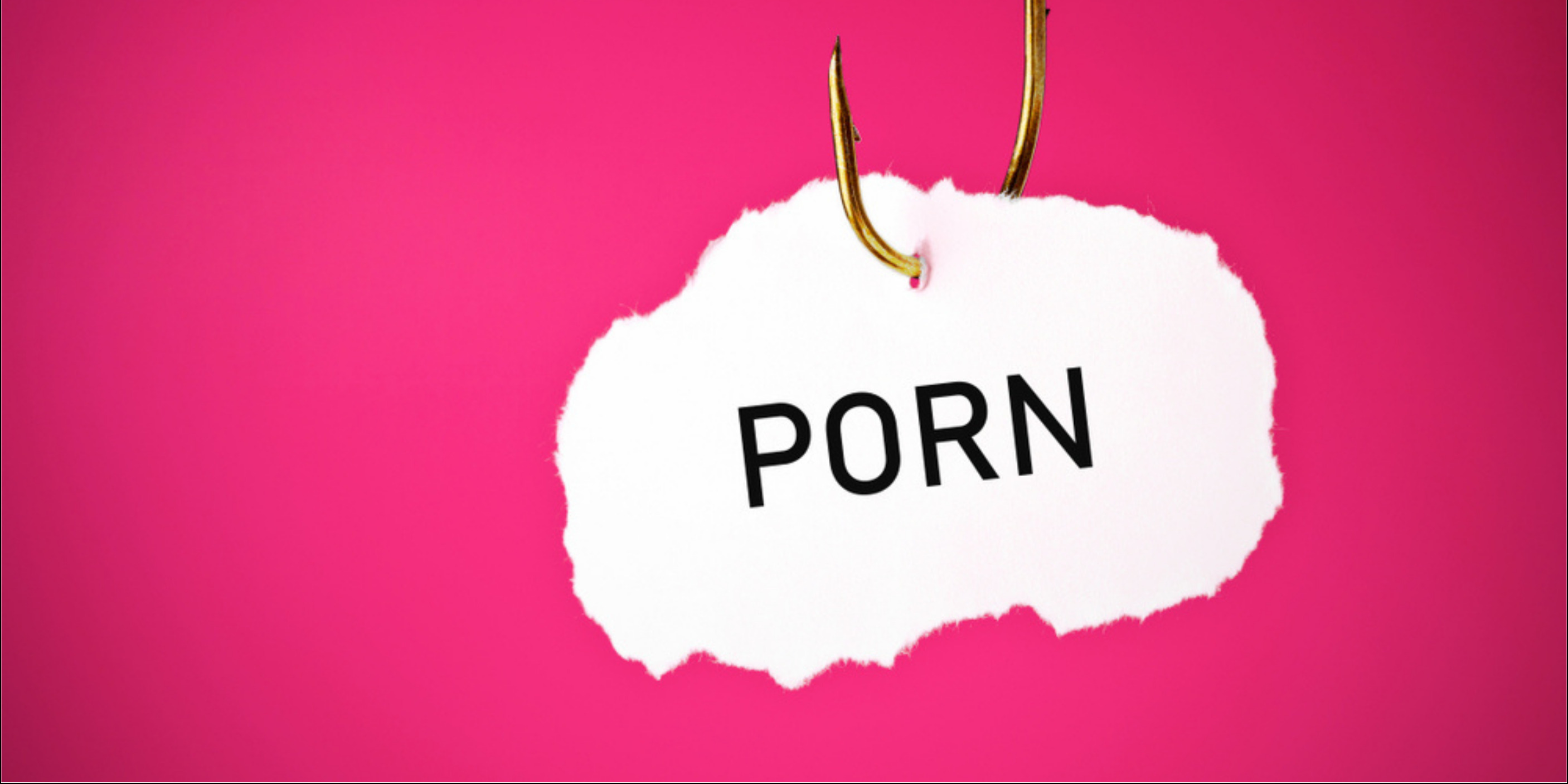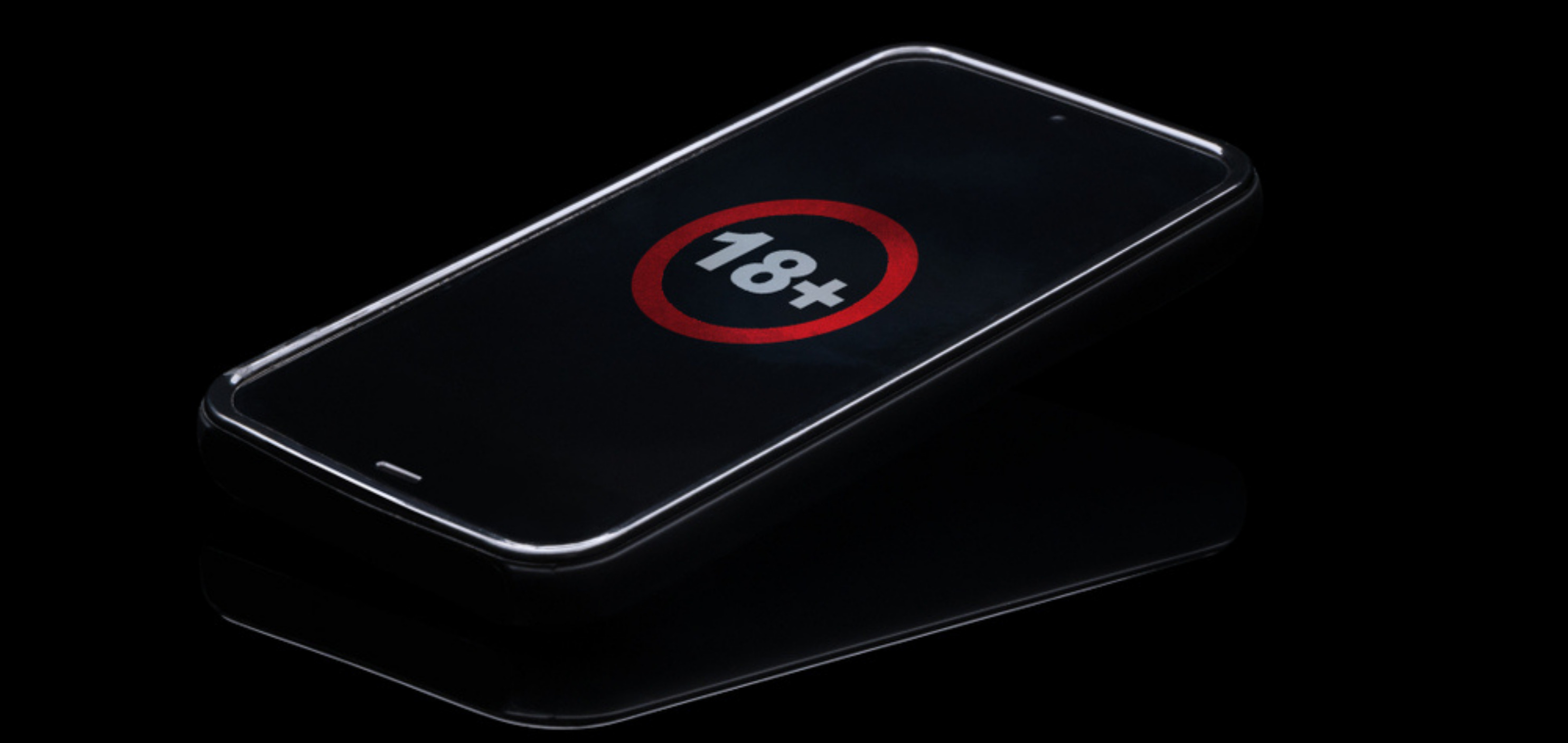
Written by:

Medically Reviewed by:
Last Updated:
February 14th, 2025
Porn Addiction
What is porn?
Pornography, often referred to as ‘porn’, includes any material created to cause sexual arousal. While explicit videos and images come to mind first, pornography covers a broader range of media that might not be as obvious. Understanding what qualifies as porn can be complicated, especially with the diverse content now available online.
- Explicit adult films: This is the most recognisable form of porn, typically involving sexually explicit scenes produced for adult entertainment websites or video files.
- Erotic photography: Professional or amateur photos designed to provoke sexual arousal, often published in magazines, websites or social media platforms.
- Sexually explicit stories: Written content, such as erotic novels, fan fiction or adult-themed short stories, can be considered porn if their primary purpose is arousal.
- Live webcam shows: These involve individuals performing sexual acts live via video streams, often hosted on adult entertainment platforms.
- Adult animation or comics: Animated or illustrated sexual content, also known as hentai or adult comics, falls under the porn category due to its explicit nature.
Can you become addicted to porn?
Watching porn occasionally is perfectly normal and not something to be ashamed of. Many people use it as a way to explore their sexuality or enhance intimacy. However, the line between healthy viewing and compulsive use can be unclear, especially since porn addiction has not been officially classified in the Diagnostic and Statistical Manual of Mental Disorders (DSM-5). This lack of formal recognition means there are no universally accepted criteria for diagnosing porn addiction.
Still, many mental health professionals acknowledge that compulsive porn use can develop into problematic behaviour resembling other behavioural addictions. The brain’s reward system is heavily involved as porn consumption triggers dopamine release, creating feelings of pleasure and reinforcing the urge to repeat the behaviour.
Over time, the brain may crave increasingly explicit content to achieve the same level of excitement. This can lead to compulsive patterns where a person feels unable to control their porn consumption, even when it disrupts important areas of their life.
Do I have a porn addiction?
Watching porn occasionally is not inherently harmful. However, due to the ease of access today, recognising when casual viewing turns into compulsive behaviour can be difficult. Being honest with yourself is essential if you suspect your use of porn is becoming problematic.
Answer the following questions truthfully:
- Do you feel the need to watch porn more frequently or for longer periods than before to achieve satisfaction?
- Have you ever tried to cut down on porn but found yourself unable to stop?
- Does watching porn interfere with your personal relationships or social life?
- Do you hide your porn use from others because you fear judgement or consequences?
- Has your interest in real-life intimacy decreased due to frequent porn consumption?
- Do you feel guilt, shame or regret after watching porn but continue to do so anyway?
If you answered “yes” to several of these questions, you may be experiencing signs of porn addiction and could benefit from seeking professional help.
How can porn addiction impact your life?
Porn addiction can affect various aspects of your life, often in ways you might not immediately recognise. While the impact on relationships and intimacy is commonly discussed, there are several other areas where porn addiction can cause harm:
Can I get help for porn addiction?
Despite the sensitive nature of porn addiction, help is available, and recovery is possible. At Liberty House, we offer a specialised porn addiction programme designed to address both the emotional and psychological aspects of the addiction.
Our porn addiction treatment approach includes:
Initial assessment
We begin with a comprehensive evaluation to understand the severity of the addiction and any underlying issues. This helps us create a tailored treatment plan that meets your unique needs.
Therapy
At Liberty House, our therapies are designed specifically to treat porn addiction by addressing its emotional, mental and behavioural challenges.
- Cognitive behavioural therapy (CBT) targets the compulsive thought patterns that drive porn addiction. It helps individuals recognise triggers, such as stress or loneliness and replace unhealthy behaviours with healthier coping strategies. This therapy also challenges distorted beliefs about relationships and self-worth, which often fuel addiction.
- Dialectical behaviour therapy (DBT) focuses on managing intense emotions linked to porn addiction, such as shame, guilt and rejection. By teaching emotional regulation and distress tolerance, it helps reduce the emotional triggers that lead to compulsive porn use.
- One-to-one counselling offers a confidential space to explore deeper issues like past trauma, relationship struggles or low self-esteem, all of which may contribute to addiction. Personalised guidance helps uncover the root causes and create a tailored recovery plan.
- Group therapy reduces the isolation often experienced with porn addiction. Sharing experiences with others creates accountability, builds a support network and provides new perspectives on managing recovery.
- Finally, holistic therapies like yoga, mindfulness and art therapy promote relaxation and mental clarity. They help manage stress and improve self-awareness, making it easier to resist urges and regain control over compulsive behaviours.
What are the next steps?
If you or someone you care about is struggling with porn addiction, reaching out is the first step towards recovery. Liberty House provides confidential, compassionate support in a safe environment where you can begin the journey to reclaiming your life.
Contact us today to learn more about our specialised porn addiction programme and how we can help you regain control, restore balance and rediscover the joy of meaningful connections.






